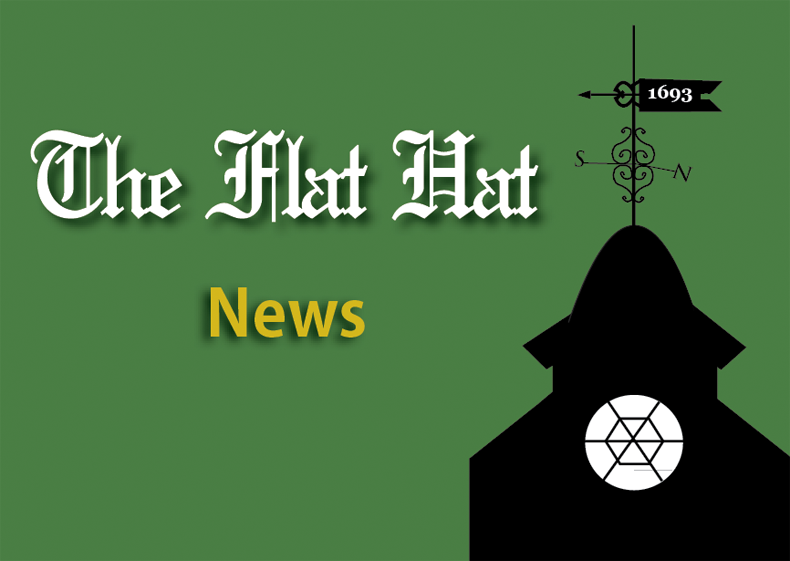CNN pundit and political consultant Paul Begala spoke to students Sept. 15 at the College of William and Mary. Begala, who was brought to speak in conjunction with the William and Mary in Washington Program, engaged in conversation with government professor Jaime Settle and students primarily about the role of social media in politics and how it has affected the way political agents interact with one another.
“Political communication used to be top down … now it is communal in a way that is way more powerful. … Voters get information in a new way online. But then social media, it is so much more powerful,” Begala said.
He added that, especially among liberal demographics, politics is becoming more social. Specifically, social interaction among relatives and can define the way potential voters align on issues.
“How come there’s not a liberal on the radio?” Begala said. “Because that’s not how talk radio works. … Social media is more suited to liberal values, it’s more communal.”
Speaking specifically about President Barack Obama’s election strategies, Begala noted that his campaign took strategic advantage of social media. In 2008, Obama’s team used cell phone databases to collect voter information, but in 2012, the campaign shifted to social networking on the internet, and having voters vouch for candidates online.
“In 2012, the Obama campaign was 2.0.,” he said. “Yeah, they were collecting your information, but it was more about connecting you with your friends.”
However, Begala mentioned the drawbacks of social networking, also. He noted the potential for lies and misinformation to spread quickly on the internet, despite the efforts of many groups dedicated to keeping pundits like himself honest.
“The proliferation of social media allows falsehoods to spread … [but] there are right wing groups that track me when I say something wrong,” Begala said. “That’s good for the soul. And there are left wing groups that track guys like Rush [Limbaugh.]”
When the conversation opened to student questions, some asked Begala about the role of voting. He noted that senior citizens vote in large numbers and benefit from government programs. He argued that it if youths vote in similar numbers, politicians would be more accountable to them.
Begala, who also consults for Priorities USA — a SuperPAC which worked to get President Obama elected in 2012 and is now shifting its focus to getting Hilary Clinton elected in 2016 — also answered questions about the role of money in politics.
“My SuperPAC made $70 million,” Begala said. “I worked for Bill Clinton in 1992, [and] the entire election campaign was $50 million. A small SuperPAC makes 70. We were small. Koch brothers alone have $300 [million]. Obama was incumbent. You throw another splotch of paint on a Jackson Pollock painting, it looks the same. … We used $70 million and we defined Romney, who was almost completely unknown. I know because of data. So we spent our little 70 but we had a rifle shot, but we had one thing, we defined him as Gordon Gecko … which he was running on. We take away his business record and he would be left with nothing but his charm. Obama did it mostly with small donations.”
In closing, Begala spoke about making it as a student in politics.
“[You need to have] the ethic to do whatever it takes within ethics and law, and that means having to get coffee … very soon, you will become indispensable,” Begala said. “Then, you’re in.”

